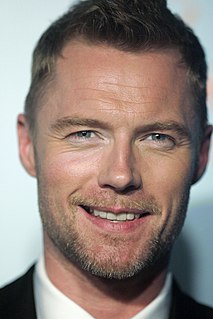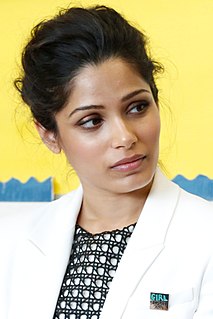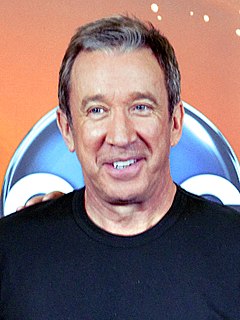A Quote by Ronan Keating
Kids are different. Boys and girls at 14, 15, 16 - some are more developed in the mind; some aren't... It comes down to the individual.
Quote Topics
Related Quotes
Being trans, I've grown up with the understanding that most women are born girls, yet some are born boys. And most men are born boys, yet some are born girls. And if you're ready for this, some people are born girls or boys and choose to identify outside our society's binary system, making them genderqueer.
In some parts of the world, that sex selection for boys - and it's usually for boys - reflects sex discrimination against girls, and it leads to very large imbalances - in China, in Korea, in India - in the population between boys and girls, a vast disproportion of boys to girls, and it reflects really this discriminatory attitude toward girls.
By the time it's considered socially acceptable to start screwing, most of us are sexually constipated, and this is often an incurable condition. I think young people should be able to have their first sexual love affair whenever they feel like it. In the case of most girls, this would be around 13 or 14; with most boys, around 15 or 16.
I would say how important it is that we stop teaching kids, from the beginning, that boys are more important than girls. It's the 21st century, you know, let's go here. We have to show kids that boys and girls share the sandbox equally and do equally interesting things. We're teaching kids something that we have to try to get rid of later on. Why not just stop filling them with unconscious gender bias?
In the older times it was seldom said to little girls, as it always has been said to boys, that they ought to have some definite plan, while they were children, what to be and do when they were grown up. There was usually but one path open before them, to become good wives and housekeepers. And the ambition of most girls was to follow their mothers' footsteps in this direction; a natural and laudable ambition. But girls, as well as boys, must often have been conscious of their own peculiar capabilities,--must have desired to cultivate and make use of their individual powers.
Each one is different. Each project is different. Some are silly, some are not. Some are more realistic, some are not. Some are overly dramatic, some are not. You've just got to try and find the thing that's most engaging and entertaining in whatever way, shape or form, and it's different every time.







































